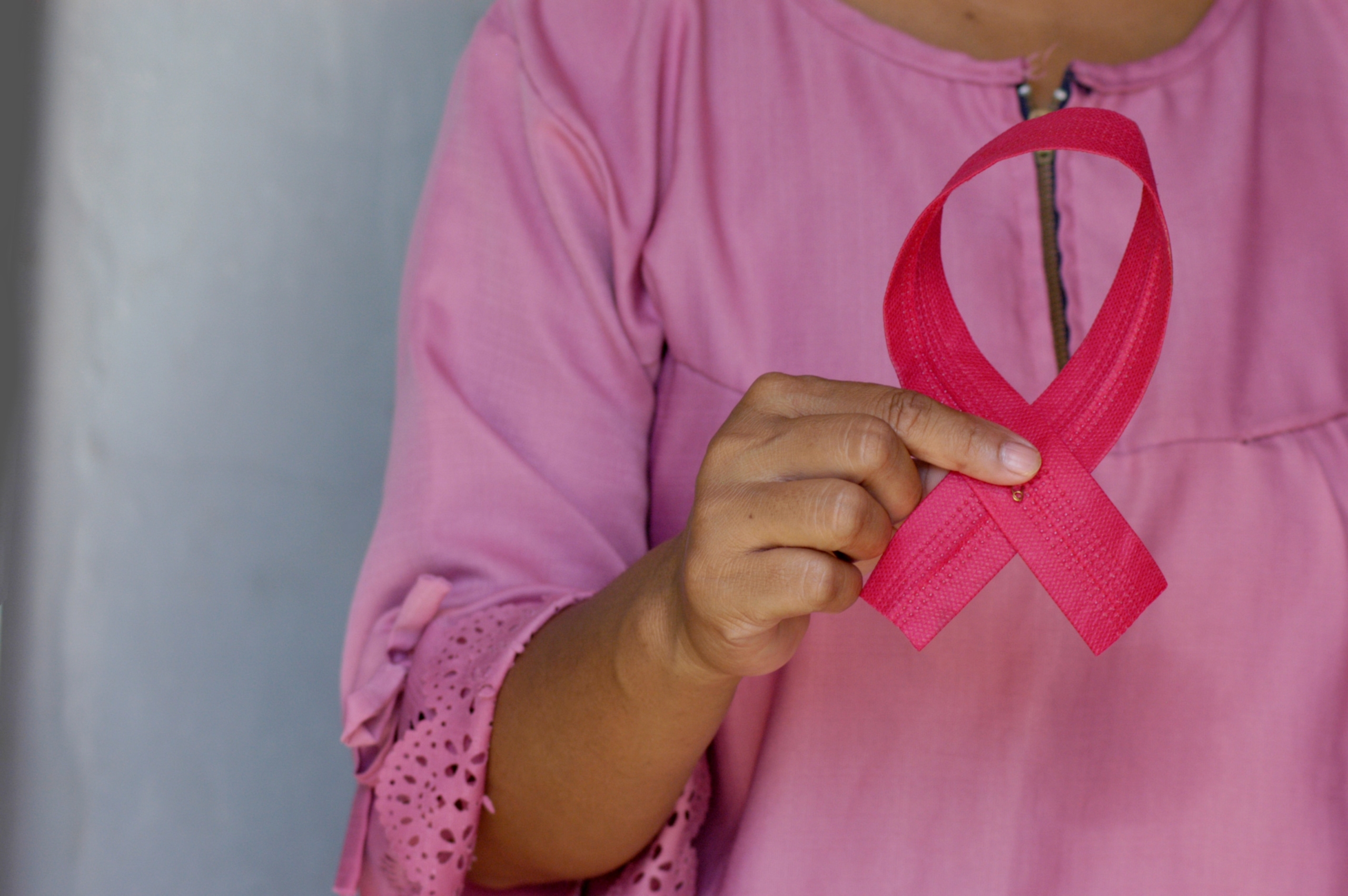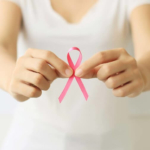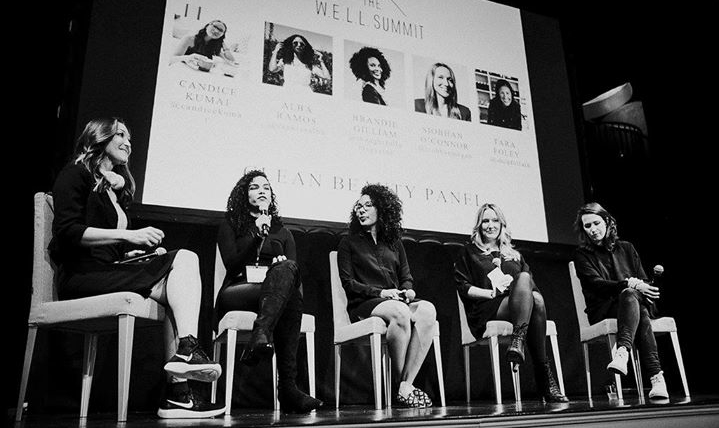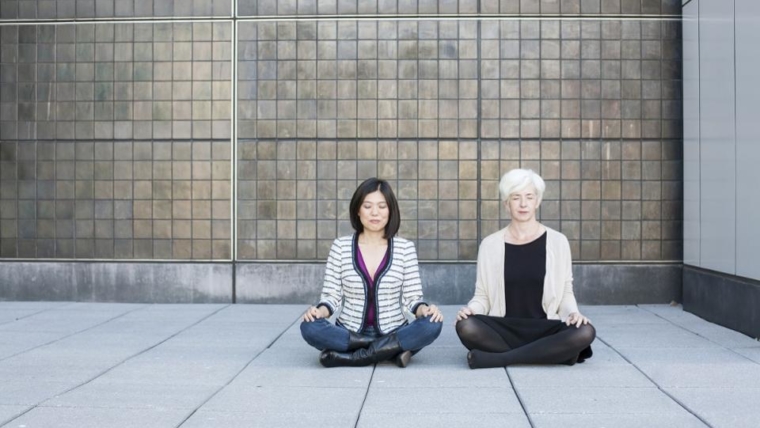
Breast Cancer: Common Myths Busted
Breast cancer is one of the most common cancers in Indian women. Around 14% of cancer in women is due to breast cancer and the percentage is higher in urban cities than in rural India.
Breast cancer occurs when some breast cells begin to grow abnormally and divide more rapidly than healthy cells do and continue to accumulate, forming a lump. Cells may spread through the breast to lymph nodes or other parts of the body.
“Cancer is nothing but uncontrollable and abnormal growth of normal cells, resulting in the formation of mass or tumour. If the mass or lump is formed in the breast region of a man or woman, it is known as breast cancer,” says Dr Garvit Chitkara, Senior Consultant, Breast Surgical Oncology and Oncoplastic Surgery, Nanavati Max Institute of Cancer Care.
As per International Agency for Research on Cancer, a total of 1.78 lakh new cases of breast cancer were diagnosed in India in 2020 which was 26.3% of all cancer cases diagnosed in women in the country making it the most commonly diagnosed cancer in India. Though rare, men can also get breast cancer and account for approximately 1% to 2% of all breast cancer cases.
“As per our observations, the survival rate of men with breast cancer is poor as compared to women which could be due to a lack of awareness, timely diagnosis, and treatment,” says Dr Chitkara.
Here are some common symptoms and signs of breast cancer as per Dr Chitkara:
- Painless lump in the breast or armpit
- Change in breast shape
- Dimpling in the breast skin
- Abnormal nipple discharge
- Nipple retraction or ulceration
It is important to nip the cancer in its bud and nothing works better than an early detection which could significantly improve the chances of a patient’s survival. Women are advised to self-examine their breasts to check for any abnormal changes like lumps. They may not be always cancerous, but it’s better not to take chances.
“Self Breast examination (SBE) is a systematic and regular examination of the breast to assess any abnormality. It is performed every month starting from age 20 years any changes in the breast can occur because of aging, mensural cycle, pregnancy, or menopause. Advanced screening methods such as mammography with sono-mammography should be performed in women from age 40 onwards to detect breast cancer in time,” says Dr Chitkara.
Risk Factors
Women who have a longer menstrual history like early starting of period (before 12 years) and late menopause (after 50) are at a higher risk of breast cancer. Obesity especially after menopause and excess Estrogen production may also increase the chances of breast cancer. 5% to 10% of breast cancers are genetic. Other risk factors of breast cancer include hormone replacement therapy (HRT), high fat diet, excess alcohol consumption, smoking and delayed pregnancy, says Dr Chitkara.
Causes of Breast Cancer
Dr Meghal Sanghvi, Consultant Surgical Oncologist, Wockhradt Hospital opens up on the causes of breast cancer.
- Family history of breast cancer
- Not bearing children, not breastfeeding
- Early onset of menses and delayed menopause
- Obesity, smoking, alcohol
- Long term continuous hormone therapy
- Past history of breast surgeries
“Breast cancer can be avoided by breastfeeding child till at least 6 months of age, maintaining healthy lifestyle and ideal body weight. Avoid long term hormone therapy, smoking and alcohol,” says Dr Sanghvi.
Dr Sanghvi and Dr Chitkara also bust some common breast cancer myths to promote breast cancer awareness
Myth 1: Breast cancer is not curable
Fact: It is curable if detected early.
Myth 2: Breast cancer is contagious or infectious
Fact: It’s neither infectious nor contagious.
Myth 3: Breast Conservation Surgery is unsafe compared to complete breast removal or mastectomy
Fact: Breast Conservation Surgery + Radiation therapy is as safe as complete breast removal or mastectomy.
Myth 4: Every breast lump is cancerous
Fact: every breast lump needs to be investigated but not all breast lumps are cancerous.
Myth 5: Men cannot get breast cancer
Fact: 1% of Breast cancer patients are men. It is rare but men can get breast cancer.
“Though breast cancer in men only account for 1% to 2% of all breast cancer cases, the incidence rate is gradually increasing. Moreover, due to lack of awareness, delayed diagnosis the mortality of breast cancer has been reported to be higher amongst men,” says Dr Chitkara.
Myth 6: Breast cancer always causes a lump in breasts or armpits
Fact: The most common symptom of breast cancer is a painless lump in the breast or axilla, however it is not the only symptom. Breast cancer can also present as nipple deviation, retraction, ulceration or discharge from the nipple with or without a lump. It may also present a change in the shape or feel of the breast, skin thickening, ulceration and at times orange peel like appearance of the skin of the breast. Hence it is very important to do a monthly self breast examination and an annual clinical breast examination by your doctor. These examinations can help you pick up breast cancer early and increase the chances of a complete cure and better survival rates, according to Dr Chitkara.
Myth 7: Breast cancer is an old woman’s or man’s disease
Fact: As per the data from International Agency on Research on cancer in the year 2020, 1.78 lakh new cases of breast cancer were diagnosed in India, out of these 1.32 lakh were above the age of 40 and rest were younger than 40 years of age. Breast cancer in young patients has comparatively aggressive clinical and biological characteristics and less favourable outcome as compared to the older patients. Breast cancer awareness among youngsters is the need of the hour to reduce its mortality and morbidity, says Dr Chitkara.







